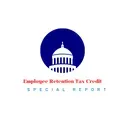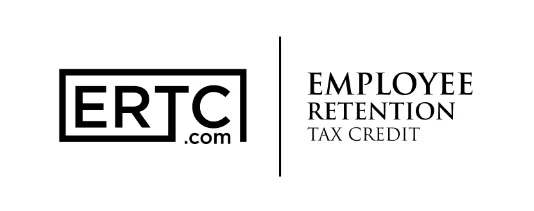Navigating the Employee Retention Tax Credit Landscape: A Guide to Avoiding Scams

The Employee Retention Tax Credit (ERTC) offers a significant financial relief lifeline to businesses.
But it also presents an attractive playground for scammers who exploit and mislead innocent business owners.
The Internal Revenue Service (IRS) has recognized this threat and has issued warnings urging the public to review the ERC guidelines carefully before claiming the credit.
On March 7, 2023 The Internal Revenue Service (IRS) issued a renewed warning to the public, urging them to carefully review the Employee Retention Credit (ERC) guidelines before claiming the credit.
"While this is a legitimate credit that has provided a financial lifeline to millions of businesses, there continue to be promoters who aggressively mislead people and businesses into thinking they can claim these credits," said Acting IRS Commissioner Doug O'Donnell.
This scenario paints a vivid picture of why professional assistance is crucial in avoiding scams and ensuring a legitimate ERTC claim.
Engaging reputable professionals, such as accountants or tax consultants, provides you with expert guidance that navigates the ERTC process with integrity.
When choosing your aid, remember to prioritize those with rich experience and a solid reputation in handling ERTC claims.
Scammers are skilled at impersonating legitimate professionals or organizations offering ERTC assistance, promising quick and guaranteed results.
They employ phishing emails, phone calls, and fake websites to dupe unsuspecting victims.
By gaining access to your personal information or charging exorbitant fees, they profit at your expense.
To safeguard your business from falling prey to such schemes, it's crucial to be aware of red flags that may indicate potential scams:
- Demanding upfront payment: Professionals usually charge after providing their services.
- Unsolicited offers: Be cautious of unsolicited emails or calls claiming ERTC assistance.
- Unverified credentials: Research any professional before sharing sensitive data; reputable ones are registered with IRS.
- Pressure tactics: Scammers often rush you into decisions; take your time.
- Guarantees of specific results: No one can guarantee specific outcomes for ERTC claims.
- Lack of proof or audit protection: Scammers can't prove you qualify for the ERTC or offer IRS audit protection.
If you suspect encountering an ERTC scam, cease any further contact immediately.
Preserve any relevant evidence for authorities like the FTC or local law enforcement agency.
And notify others to spread awareness.
For extra safety, keep comprehensive records of all ERTC-related documents.
Double-check any information provided by professionals for legitimacy. Stay updated on the latest guidelines from IRS.
So what's the solution to avoid falling into the trap of scams while still benefiting from the ERTC?
ERTC.com, your trusted partner in filing ERTC amended returns.
With our "Sleep Well Guarantee", rest assured that your claim is rock-solid and backed by expert legal opinions.
We mitigate any risk associated with an IRS audit by maintaining a compliance-focused approach and thorough documentation.
Our team of over 3,200 professionals nationwide are ready to help you unlock the funding you deserve.
The clock is ticking; the deadline to file is approaching.
Get started with your refund estimate today at www.GetERTC.win.
Confused about what the Employee Retention Tax Credit really is?
Get the Special Report: Guide To The Employee Retention Tax Credit, Financial Relief For Small Business Post-Pandemic Recovery.

